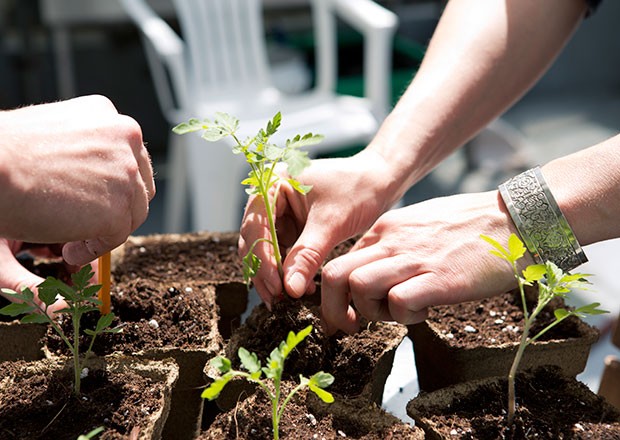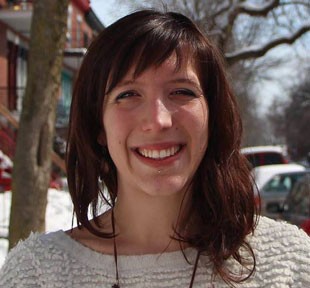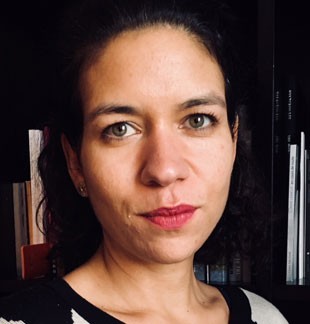Food security in Nunavik
Marion Macé is a master’s student in Concordia’s Department of Geography, Planning and Environment. She received a bursary to intern at School Arsaniq in Kangirsujuaq for two months. She will be working with youth to start a gardening project.
“The larger issue is food security, but the focus will be on gardening and food habits,” Macé says.
“There have been other gardening projects in northern Canada and they showed a lot of potential. People are really open to adapting their ways of living to be more resilient and less dependent on stores.”








